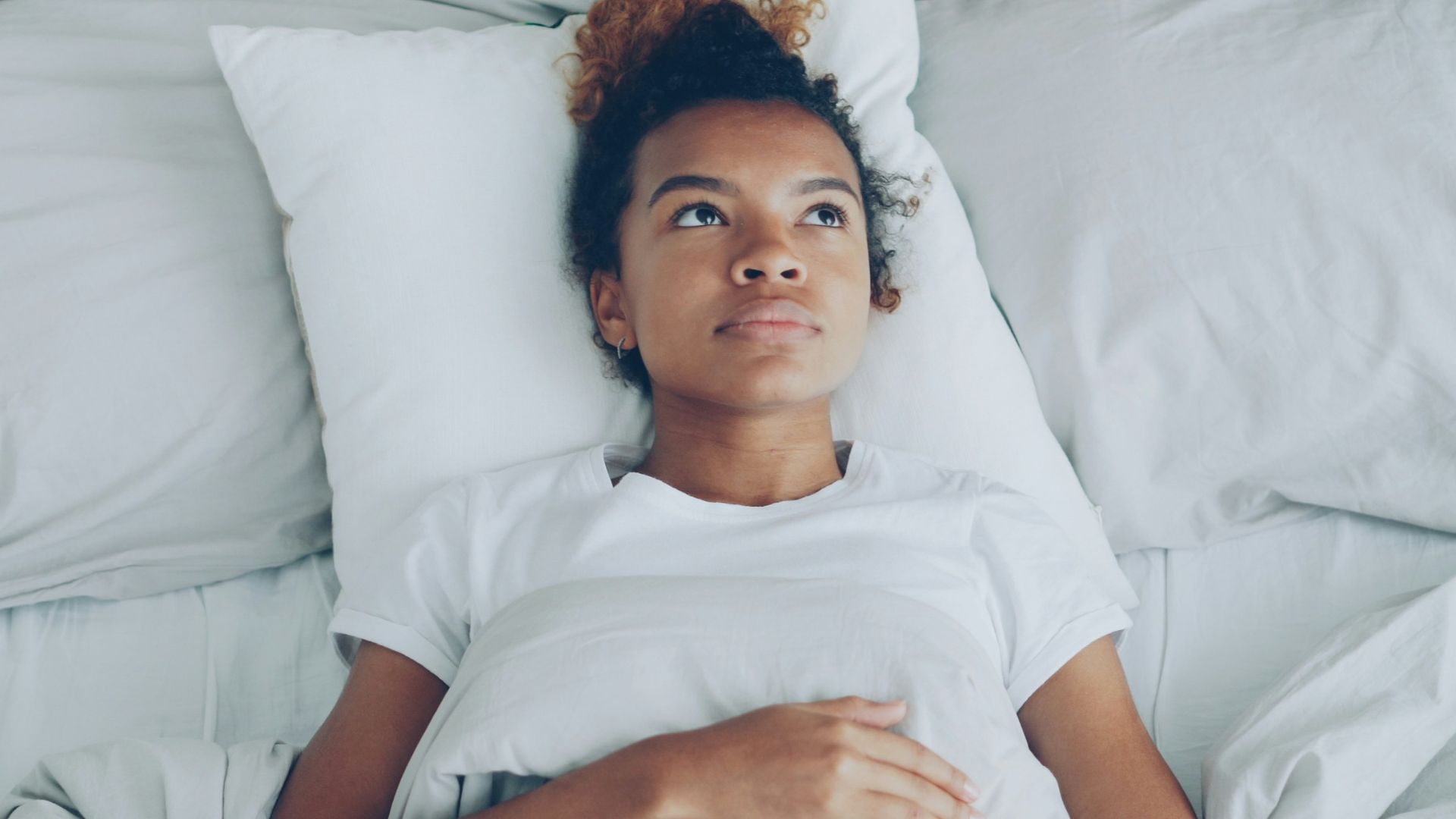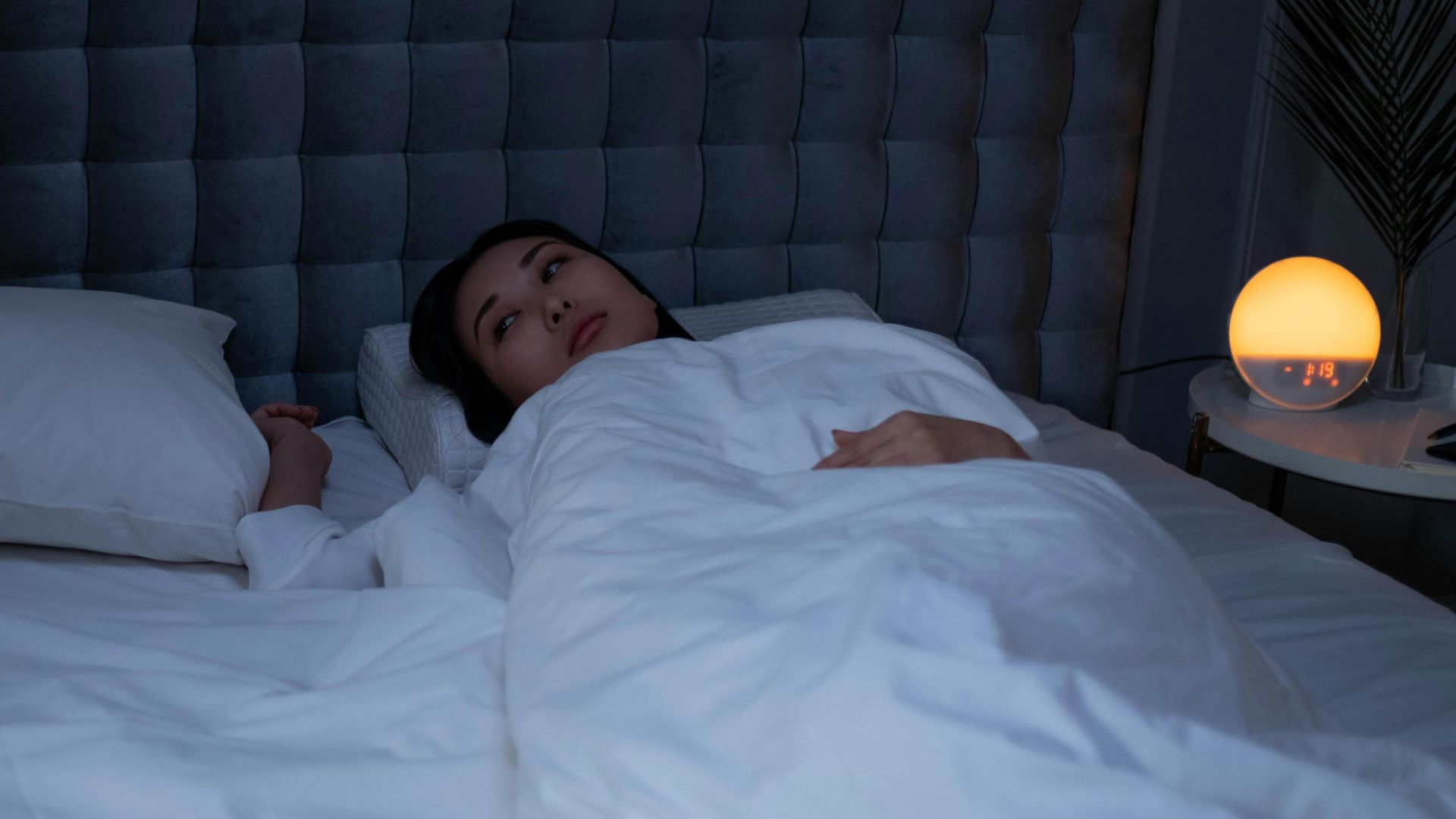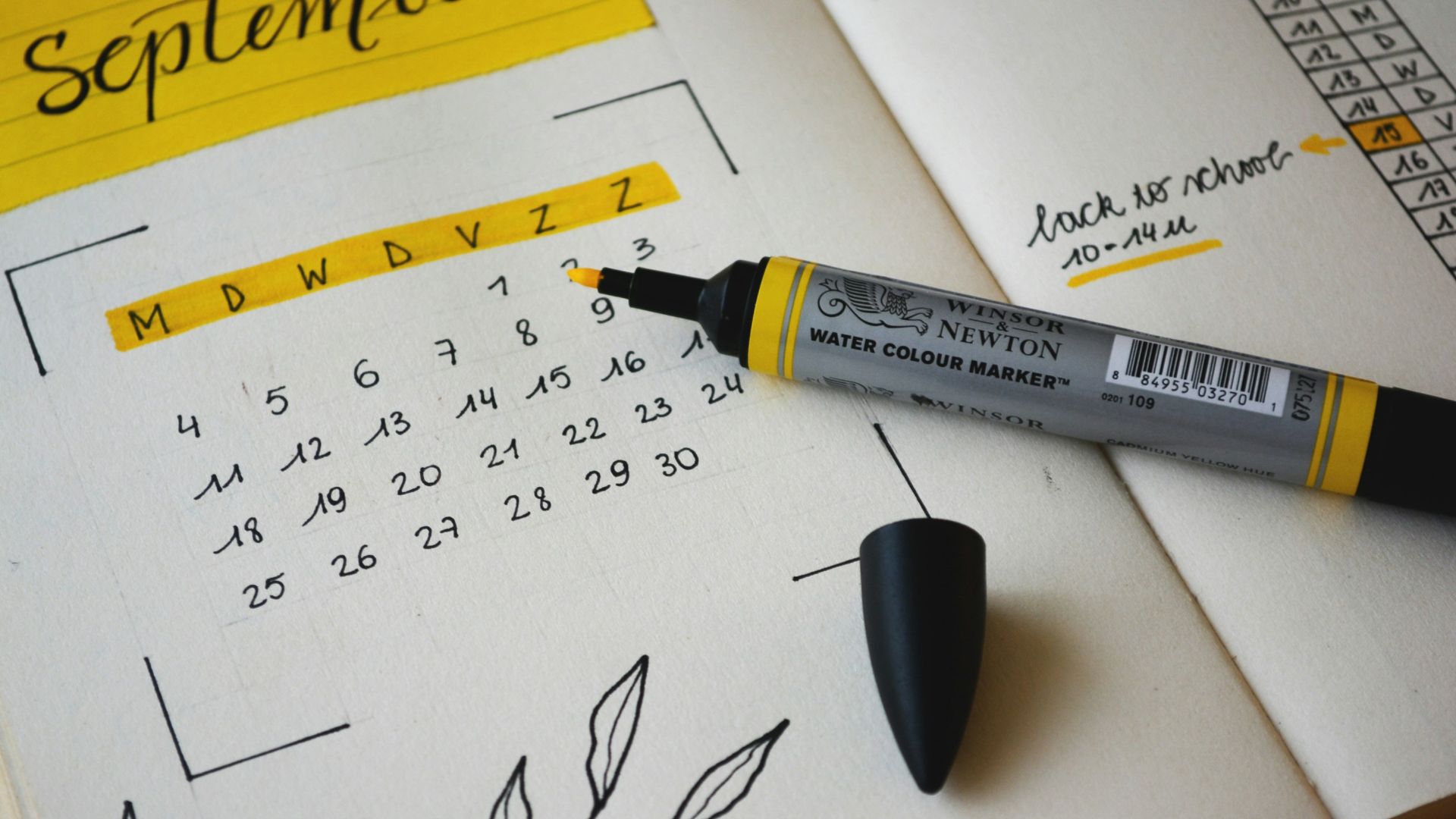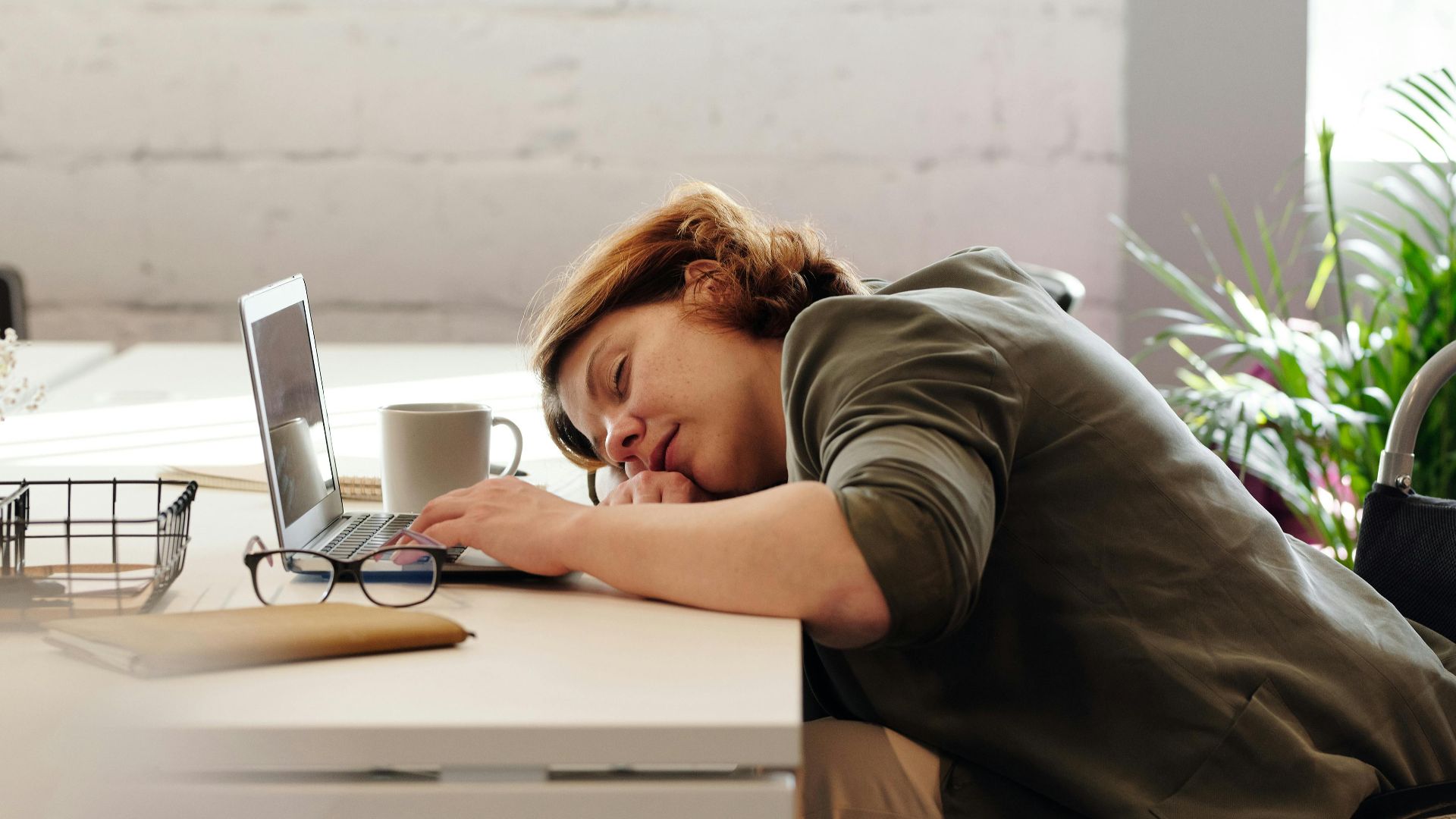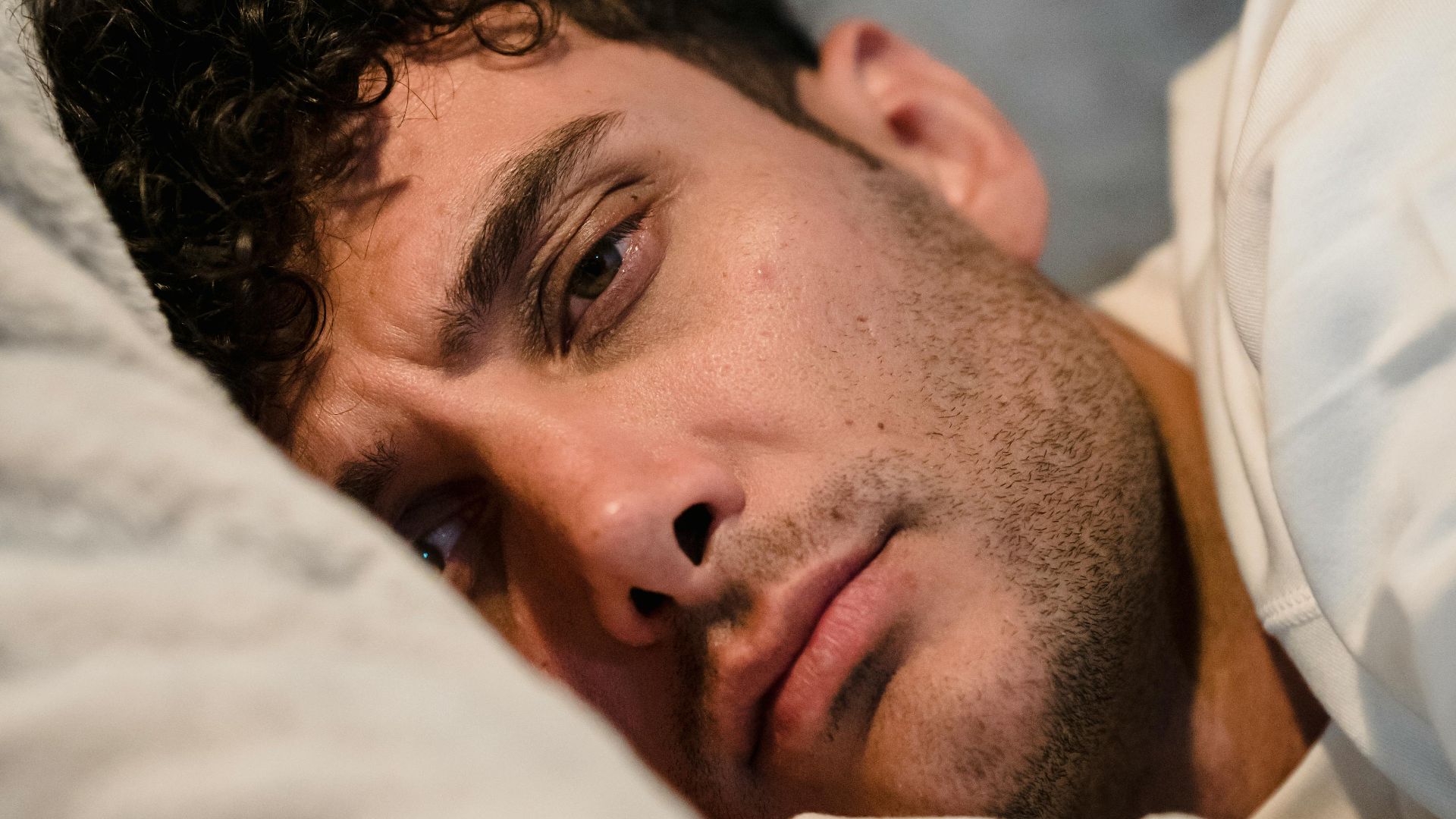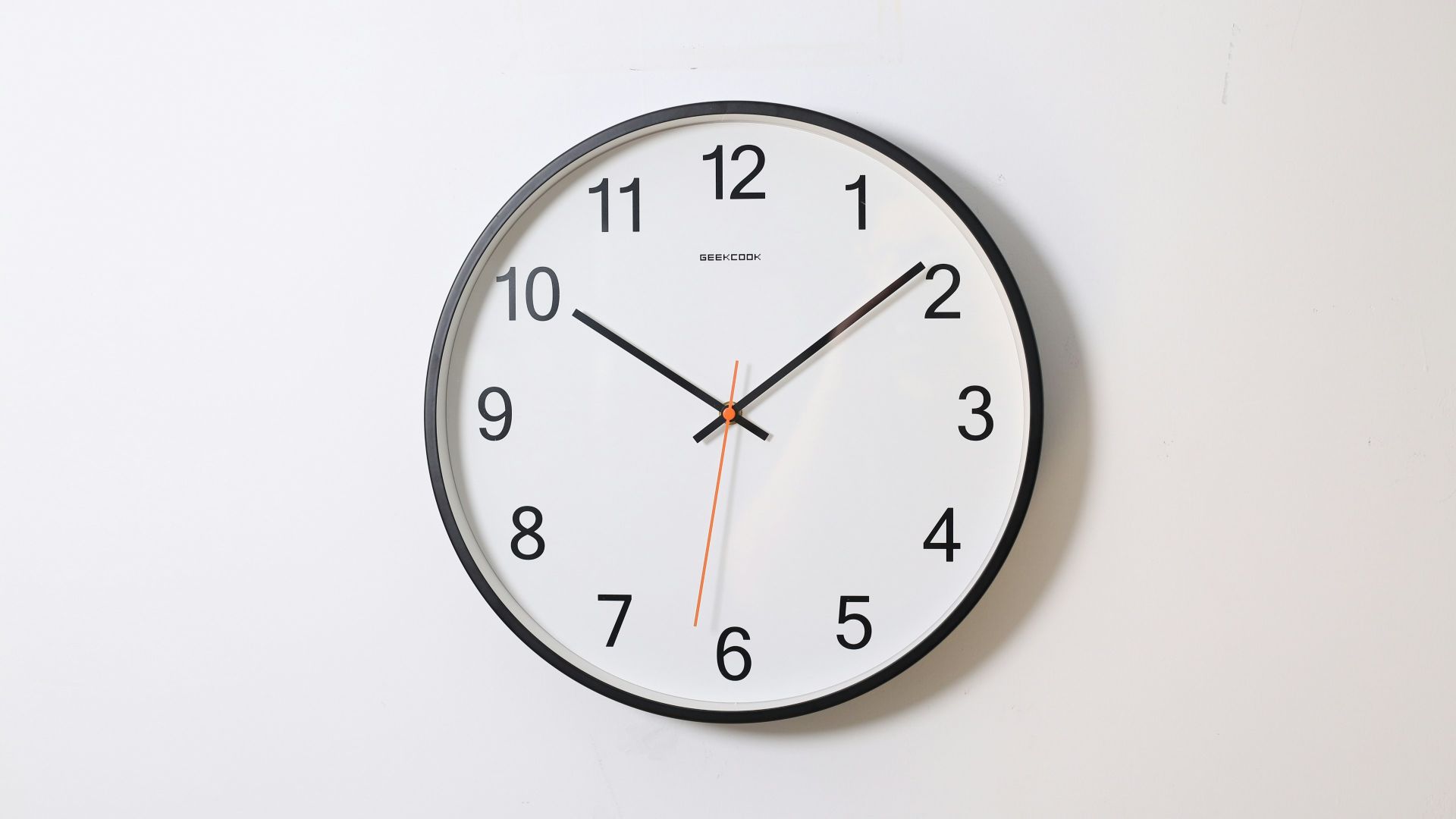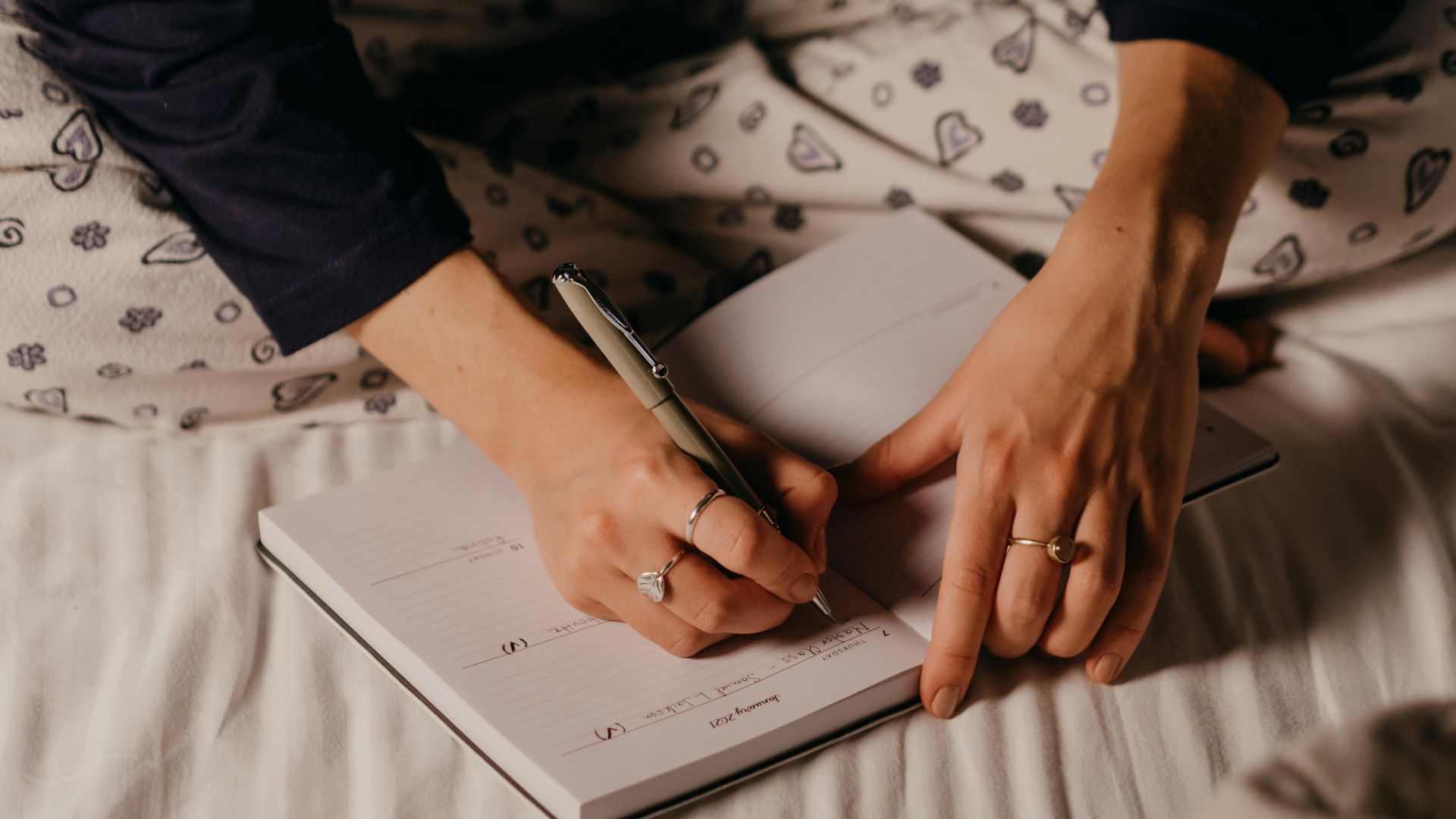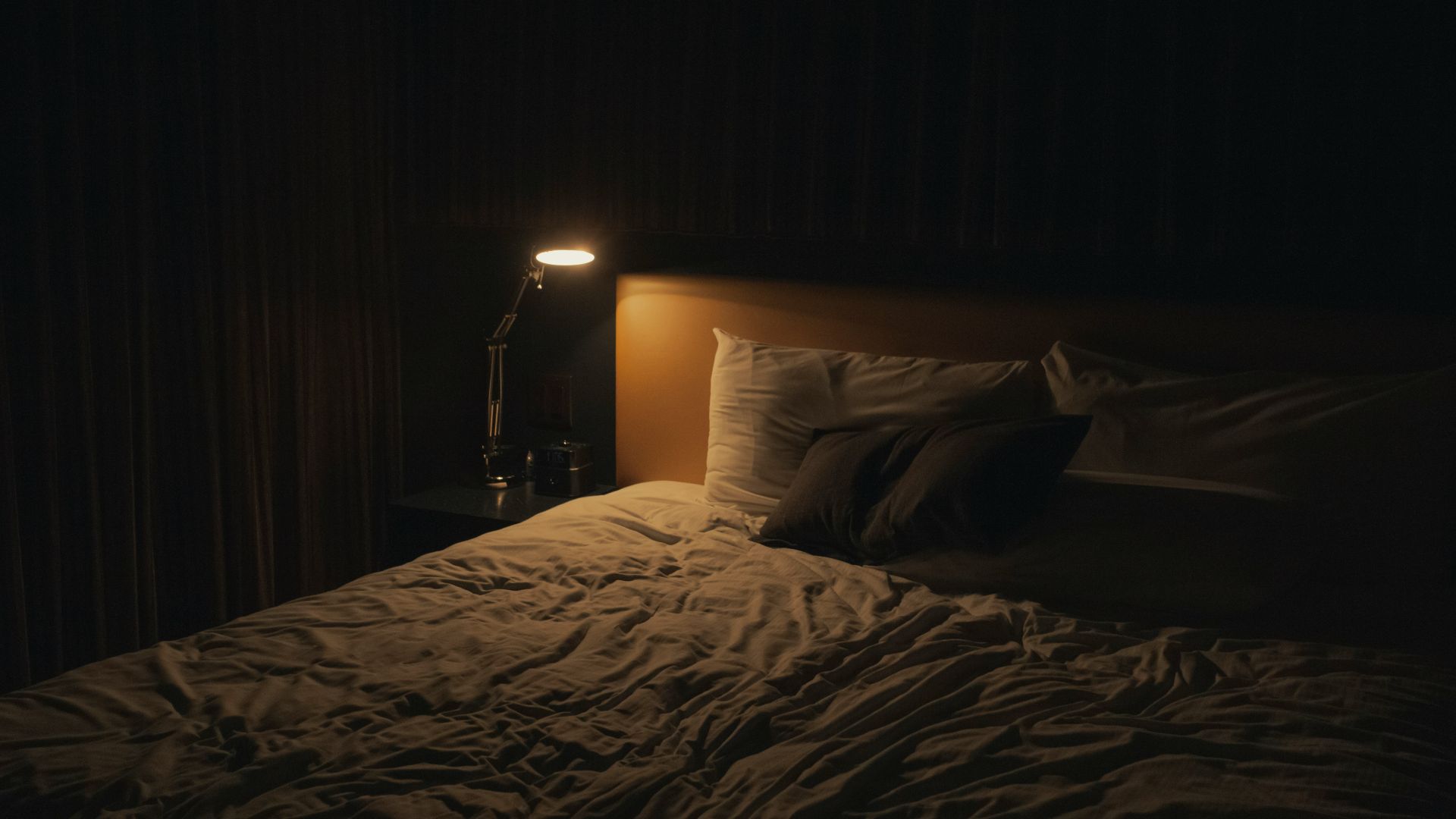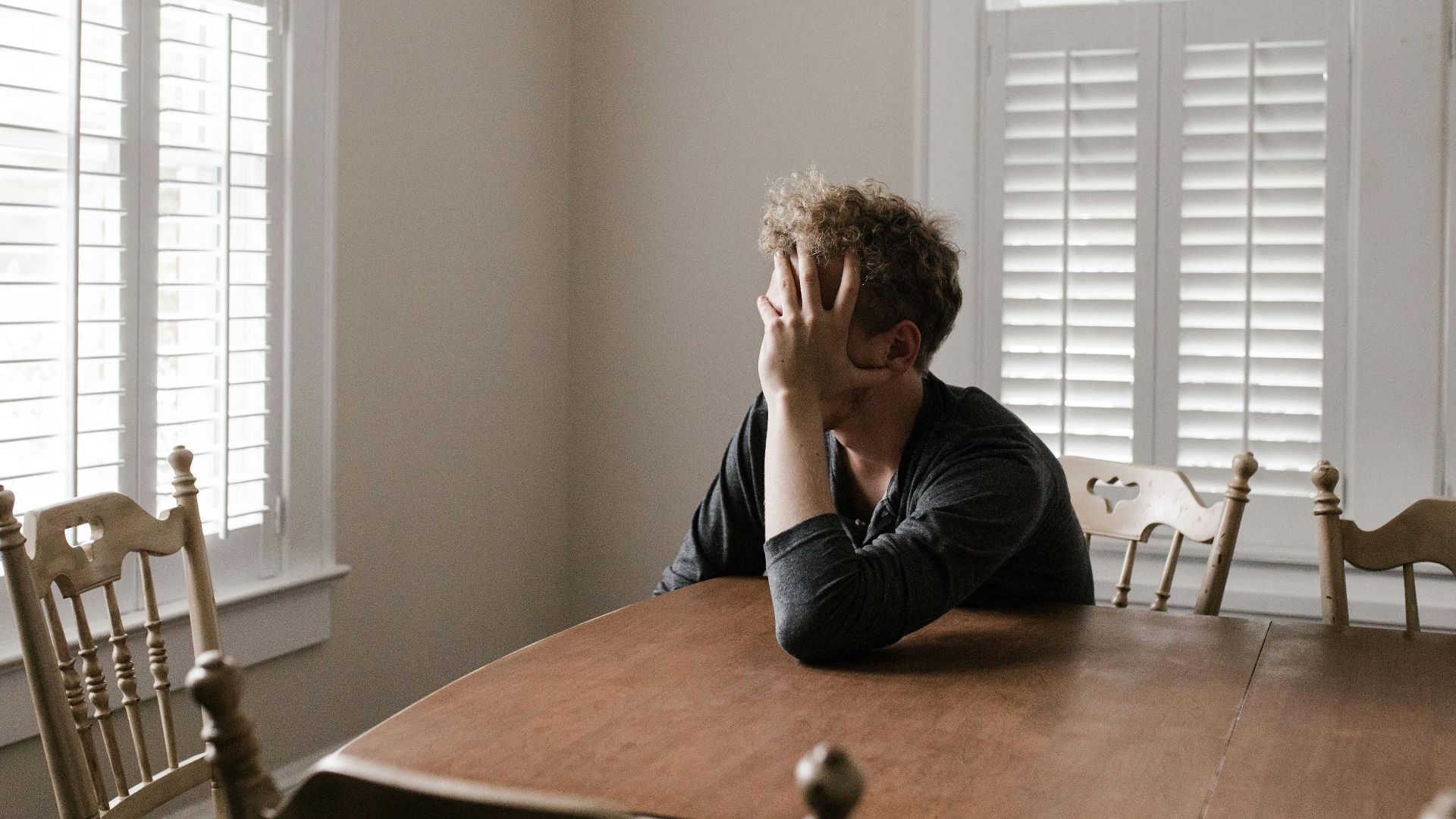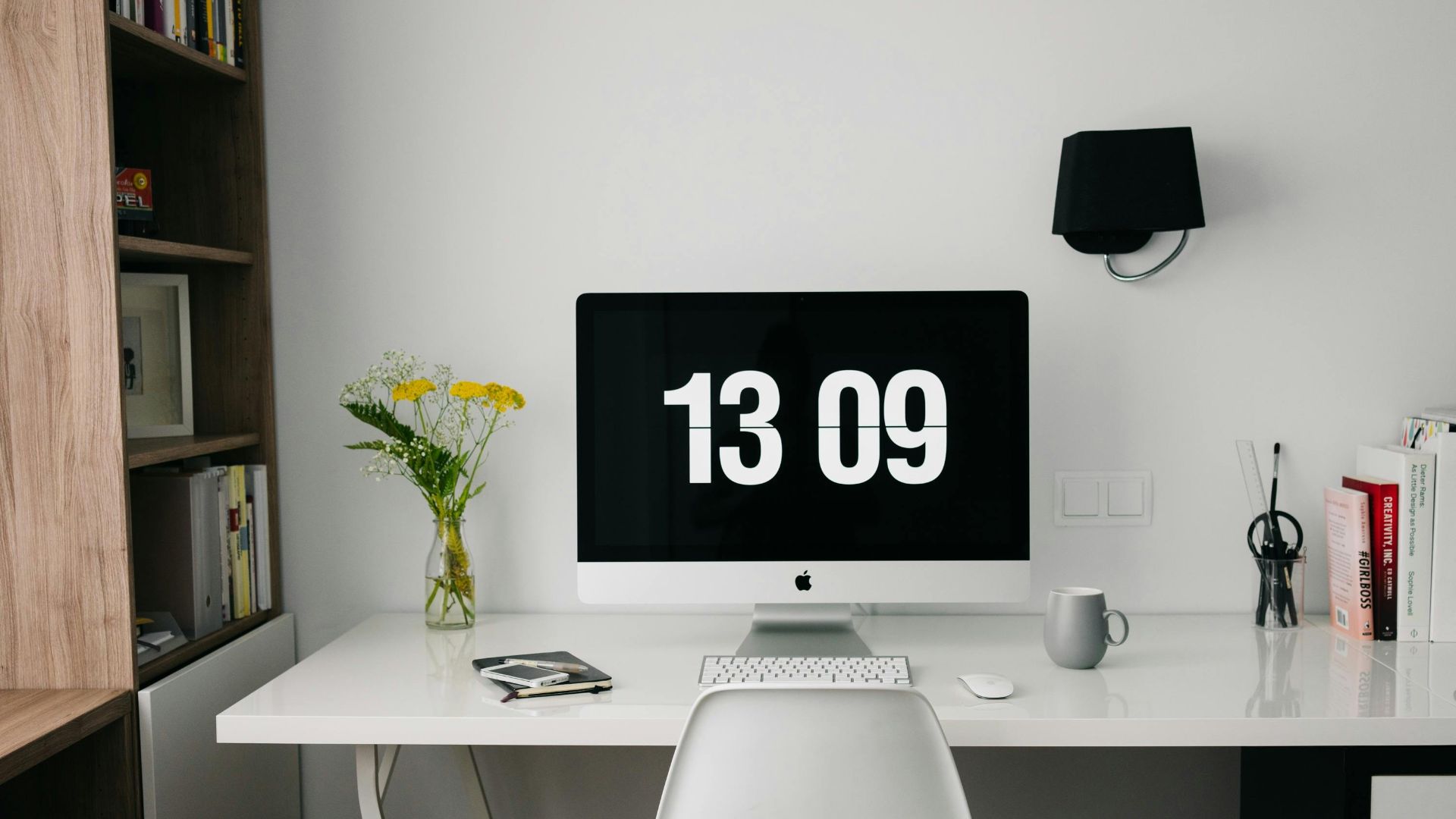How to Stop Tossing & Turning at Night
Struggling to fall or stay asleep at night? You're not alone. In fact, insomnia is fairly common, and 1 in 3 people worldwide have experienced its symptoms. But as frustrating as insomnia can be, you might be able to improve your sleep by unlearning bad habits and developing better ones. So, if you're still scrolling on your phone late into the night, you should probably stop now. Here are 10 unhealthy habits keeping you up at night and 10 better ones to form.
1. Doomscrolling
Doomscrolling is bad enough on its own, but doing it in the evening or when you're about to go to sleep is even worse. When you're constantly feeding your bad with bad news and scary headlines, that anxiety spike isn't going to make sleep come any easier.
2. Bottling Up Stress
Just like doomscrolling, bottled-up stress is only going to make it harder to fall asleep. When you're juggling a million tasks or responsibilities at once, it can feel overwhelming and daunting, making your brain too anxious and alert to drift off.
3. Lying Awake in Bed
Believe it or not, lying awake in bed only makes it harder to fall asleep. Forcing yourself to drift off usually doesn't help, either, and the longer you try to will sleep to come, the more your brain will start to associate your bed with anxiety. Instead of lying there exhausted and helpless, get up and do something calming, like reading.
4. Eating a Heavy Dinner
You might sometimes be forced to have a late dinner because of a long day at work, but don't make this a habit if you can control it. Eating large or heavy meals before bedtime can cause heartburn and acid reflux, which only makes it harder to fall asleep.
5. Using Your Room as a Workspace
You might think it's convenient to have your room double as a workspace, but this can significantly affect your quality of sleep. When you associate your place of rest with activity, your brain may struggle switching between both. This means you might feel drowsy while working or wide awake when it's time to sleep.
6. Not Sticking to the Same Sleep Schedule
Do you head to bed at a different time on weekdays compared to the weekend? That might be the reason why you can't fall asleep at night. Varying your sleep schedule from day to day can mess up your circadian rhythm, meaning your brain won't know when it's supposed to switch off.
7. Staying Active Until Right Before Bed
If you don't establish a wind-down routine, you may also experience issues with falling asleep. Unlike your computer or phone, your brain isn't something you can simply power off. So, around an hour before you need to hit the hay, shut off your electronic devices and engage yourself in a quiet, calming activity, like reading or listening to music.
 Glenn Carstens-Peters on Unsplash
Glenn Carstens-Peters on Unsplash
8. Taking Long Naps
Taking a short, 10-minute power nap is fine, but sleep any longer than 30 minutes during the daytime or close to bedtime, and you'll likely regret it when you climb into bed at night. If you already experience sleep troubles, the last thing you want to do is add fuel to the fire by getting shut-eye during the day.
9. Overthinking
Similar to stress and anxiety, overthinking can keep you up at night. When your mind is constantly fixated on minor details and replaying past conversations, you'll be too focused on your racing thoughts to actually sleep. It doesn't help that it's a hard habit to break, either.
10. Too Much Caffeine or Water
Drinking your regular morning cup of Joe is fine, but have caffeine too late in the day and you just might find yourself lying awake in bed at night. Having too many glasses of water too close to bedtime is a no-no as well, as it'll only increase your frequency of needing to use the bathroom.
Wondering what are some better habits to form to get better sleep? Read on for 10 tips that might help.
1. Stick to the Same Schedule
Instead of staying up later on the weekends and holidays, make sure to stick to the same sleeping schedule every day. For example, if you normally head to bed at 9PM during the week, hit the hay at the same time on the days you're off-duty, too. That way, your circadian rhythm and brain won't be confused about when it's time to sleep.
2. Banish the Screens
At least an hour before bed, put away or power off all screens. This means no TV, phone, computers, or gaming consoles. The longer you have these devices on, the more difficult it'll be to fall asleep. Swap scrolling for something quiet and relaxing instead, like journaling or reading.
3. Don't Exercise Before Bed
Doing a high-intensity workout right before it's time to sleep can rev up the brain and body and make you more awake than drowsy. While it's good to get in at least 30 minutes of physical activity every day, you don't want to get your heart pumping too late in the evening. Stick to something less intensive, like stretching or yoga.
4. Limit Alcohol Intake
You might think a nightcap is just what you need to get a good night's rest, but the opposite is true. While it may make you feel drowsy initially, it can disrupt deep sleep, causing you to get up more in the middle of the night. Plus, alcohol is a diuretic, meaning it can dehydrate you.
5. Create a Quiet, Restful Environment
If your room is too hot, cold, bright, or noisy to sleep in, you probably won't be able to drift off peacefully, so make sure you create a restful environment. Most people find it easier to sleep in a dark, cool room; some may also prefer to have white noise playing in the background.
6. Manage Stress
As mentioned earlier, stress and anxiety can make it harder to fall asleep. Make sure to manage your stress by finding techniques that help, such as journaling and practicing meditation. It may also help to schedule a worry block earlier in the day so you can shut those thoughts off come bedtime.
7. Have a Lighter Dinner
Instead of stuffing yourself full before bed, have a lighter dinner. Yogurt, salad, and fruit make nutritious evening snacks that can quell your hunger without leaving you bogged down. You can always have something more filling in the morning after you wake up.
8. Set Up a Separate Workspace
Remember not to make your room both a place to sleep and a place to work. Instead, set up a separate space for you to be productive during the day, ideally in a spot further away from your bedroom. This way, your brain won't associate your bed with work and sleep.
9. Get More Sunlight
Make sure to get plenty of sunlight during the day. This helps make your brain and body aware that it's daytime and that you should be awake. At night, it should be the opposite, meaning your spaces should be dimmer and your bedroom should be completely dark.
10. Limit Daytime Naps
Don't nap too much during the day, or you might rob yourself of sleep once evening falls. If you're feeling extra drowsy, stick to short power naps of around 10-15 minutes; anything over 30 minutes will only make you groggier.
KEEP ON READING



